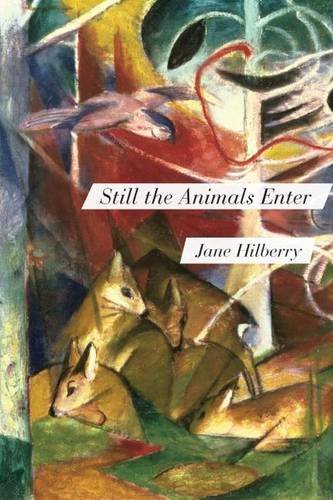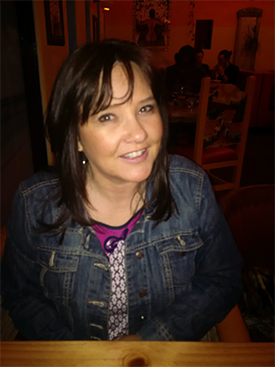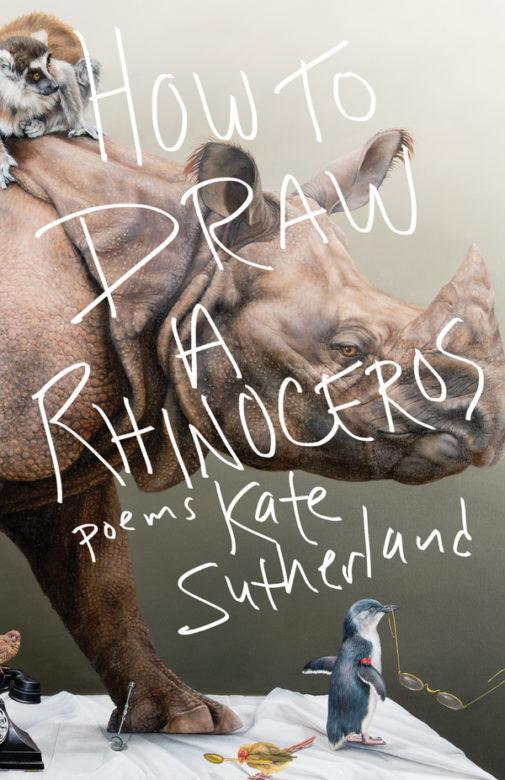Today's book of poetry:
Between Lives. Nilofar Shidmehr. Oolichan Books. Fernie, British Columbia. 2014.
![]()
![]()
Nilofar earned a PhD in education and an MFA in creative writing from the University of British Columbia. Her next scholarly project is to investigate how the lyrical and performative modes of inquiry can be included in discourse analysis, literary criticism, and critical reading and writing practices to integrate and advance literacy. Her next creative project is to write a collection of short stories about the lives of Iranians in Iran and Canada. She lives in Yaletown with her husband.
- Sonnet L'Abbé (Canadian Poet and Critic, Winner of Bronwen Wallace Memorial Award, 2000)
"In this stirring collection Between Lives, Shidmehr's direct voice and unflinching gaze put her among such great activist poets as Martin Espada, Dionne Brand, and Pablo Neruda. With a clear gaze and arresting imagery. Shidmeher brings to light the violence and injustice of women's lives in Iran and in the diaspora. Fully wrought and deeply personal, this is a necessary book by an accomplished writer.
~Elizabeth Bachinsky, nominee for Governor General's Award for English-language poetry
"These poems are the untold stories of contemporary Persian women's lives, lives portrayed with intimacy and lyricism, despite their subjugation. These are poetics meditations that only a poet simultaneously intimate with a place, and exiled from it, can offer. In this book, men and women are like 'fire and cotton,' and must be kept apart; they are 'flammable with the slightest spark.' Nilofer Shidmehr's poems burn with a fierce, haunting fire.
Between Lives. Nilofar Shidmehr. Oolichan Books. Fernie, British Columbia. 2014.

Women are marching all over the world today and Today's book of poetry salutes each and every one of them.
Nilofar Shidmehr is an Iranian-Canadian poet with a considerable voice to add to the choir.
Between Lives a second book of poetry from Nilofar Shidmehr could find purchase on any number of different poetry shelves. This book could easily be considered a book of feminist poetry and thoroughly at home in Women's Studies, just as easily Between Lives could be on a Diaspora Poets shelf.
Nilofar Shidmehr seems fearless when she reveals the true life of women in the Iran of her youth. Shidmehr's poems are heavy with a flaming authenticity, crystal clear in focus and heartbreaking when you feel the crippling burden of gender.
Alive
Under the knife blade
my mother's broken hand in a sling,
purple peels fall
over the face of the counter.
Her swollen cheek is marked
by a bruise, the shape of an eggplant,.
She tilts over to check if the meat
is soft. The oil leaps up, scalds.
She pulls back, leans on a crutch hidden
under the torn wing of her white chador.
I see the scratches on her neck
as she turns her head. The wooden spatula
slips from her fingers onto the floor.
She bends to pick it up, but I reach out first,
snap up the spatula, flinging it into the basin.
Do you know who are you cooking for?
I yell at my mother, shoving her aside,
taking her place at the stove.
He loves his Baademjaan, deep-fried,
she whispers, with tears in her charcoal eyes.
The stew simmers slowly.
But I turn my head away and hold
onto the image from the week past
swirling around, again, in my head --
Feet tangled in the hem of her chador;
my father, leaning over the banister,
slips his hands back in his pockets,
watching as she rolls down the stairs, still alive.
...
Shidmehr brings us moments of gentle humour, uninhibited passion and matrimonial bliss as well as some of the other kind. But in Between Lives the real focus is elsewhere. Between Lives opens up the tribulations of giving up your culture, your home, your past, the place of your birth and jumping into an entirely different life in another land. We are reminded that the cultural shock and toll is only a small part of the immigrant/refugee story. Most of us will never experience that sort of isolation, that split from family, history and those left behind.
Make no mistake, Today's book of poetry was blown away time and time again by the candor in Nilofar Shidmehr's remarkable poems. Shidmehr reveals more than we expect and to marvelous effect, she goes beyond lifting the veil, we get a look beyond the proverbial chador and right into the mind's eye of a woman facing enormous struggles who is both observant and outraged.
Racing Back to the Time When My Daughter Was Born
I am at the gym on Life Fitness,
my daughter's arrival from Iran
only six days away --
my girl who arrived
in this world twenty-three years ago.
When I start exercising, my heart
rate is at 100: the same as
a hundred-year-old's
working to her maximum capacity.
On the chart, I look at the rate
for young hearts like my Saaghar's: 160.
And then I think about my own heart,
about how it's going to race
the moment when Saaghar will emerge
from Customs -- dragging a bag
and looking for the woman
from who she had emerged --
an umbilical cord dragging
behind her -- a cord
that had to be cut
for her life to go on.
I continue to go on running
on Life Fitness and my heart beat
picks up, echoing in my mind
hers from more than two decades ago,
coming through the stethoscope at my gynecologist's:
it sounded as if I had a horse inside me,
galloping full force ahead in my veins,
the rhythm of her hooves ringing
in the curves of my skin.
That sound sewed me to Saaghar,
despite an unwanted pregnancy
because of a slight displacement
of the diaphragm my gynecologist had placed
one day after our wedding -- the same trusted woman
gynecologists who had also confirmed
the existence of a hymen without which
there could be no marriage.
Another doctor, however,
Mr. Aaryaanpour, had arrived at the delivery room
after ten hours of excruciating pain,
because he had decided to ignore
nine phone calls from the head-midwife, begging him
to leave the gambling party he was at
and immediately attend to his patient
whose cervix was not opening enough
for the baby to come out.
He was the one who cut me open
and delivered that beating heart inside me,
who then transformed to a bruised
black-haired baby.
My husband had forced me to change
that once-trusted-woman-gynecologist
in the seventh month, because she had suggested a C-section,
and gave her professional opinion
that I was not a good candidate for natural delivery.
My sister-in-law, Ashraf, had insisted
that a woman who did not experience pain
at childbirth could not be a good mother.
Her words became the seeds
of a small dispute which grew
larger every day and after nine months
was delivered in the shape of a premature divorce.
Ashraf then said that a bad mother
is not entitled to the custody
of her brother's child and had to, without delay,
be separated from the newborn.
From my husband's mouth, her words
were thrown at me like stones.
The blows were so severe that I cannot
even remember how with my remaining
strength, I managed to pull myself out from that hold
of pain and escape, so today, on February 13, 2013,
more than twenty years later,
I am in Vancouver on Life Fitness
running again with all my strength
to get me heart beat closer
to my daughter's: to 160.
The chart on the machine informs me
that the more people age, the more
their heart rate and the age match up:
this is good news for me, I'd imagine,
my daughter's heart and mine
perhaps are closer now compared
to the time she was yet undelivered--
at that time no matter how much my heart
beat fast, it could not even get close
to the dust rising from the hooves
of that horse that I imagined
was inside me, galloping forward.
But now that there is a hope, an opportunity,
an opening, I smile at my pulsating
image in the glass;
now that her heart has slowed down
and mine is speeding up;
now that she is about to arrive
at the place where I live.
Still I have to run faster
our hearts are twenty points apart --
I have to run faster
even though I have raced
for many years to meet
the moment when she will arrive
again, like a newborn, in my arms.
...
This morning's read was another spirited adventure. I had called our researcher Otis into the office this morning to translate the few lines of Farsi in Shidmehr's text. It's good to have a cat like Otis on staff, he speaks Farsi, Italian, Russian, at least one kind of Chinese but I can't remember if it is Mandarin or Cantonese, French and so on. Otis informed me this morning that he was heading to Sicily for a couple of months and he was doing it Wednesday. Today's book of poetry will be sad to see him go and jealous for his adventure.
More importantly Otis was able to impart some context on Iran and knowing what Otis knows it was reassuring when he sized up his reading of Between Lives and declared that Shidmehr was not only the real deal in every way but a very brave real deal. Today's book of poetry had no doubts but it is always nice to get things confirmed by a pro.
This Drunken Russian Man Intends on Peeing,
opens his fly,
bravely and pulls
his small change out
as if yanking something as precious
as an American Dollar.
Facing a wall as high as Tsarist Russia
before Communism, he releases himself,
humming an old heroic song,
while fissures on the wall,
now fresh and satiated, sing along
to a melody that scores
the sudden collapse of the Tsardom.
Shaken, I stand there too,
as I eye the man,
and wish I could be like him--
fly foolish
before everything falls apart,
singing along,
with, I, too, could display
my crack so openly.
...
Today's book of poetry marvelled at how Shidmehr was able to handle the difficult elephants in her complicated life with such charm and aplomb. Shidmehr, as a woman, as a feminist or as an immigrant, does not need the approval of men like me. But men like me sure hope the rest of you get a chance to read Between Lives. Dignity comes at a mighty stiff price for some people. Nilofar Shidmehr has turned hers into poetry that is smart and confident, she has turned it into hope.

Nilofar Shidmehr
ABOUT THE AUTHOR
Nilofar Shidmehr is an Iranian-Canadian poet, writer and a scholar of arts-based qualitative research focused on poetic inquiry. Her first book of poetry in English Shirin and Salt Man was nominated for a BC Book Prize in 2009 and her first book of poetry in Farsi Two Nilofars: Before and After Migration has received worldwide recognition among the expatriate Iranian community. Nilofar is a cultural and educational activist and a part of the Iranian women’s movement.Nilofar earned a PhD in education and an MFA in creative writing from the University of British Columbia. Her next scholarly project is to investigate how the lyrical and performative modes of inquiry can be included in discourse analysis, literary criticism, and critical reading and writing practices to integrate and advance literacy. Her next creative project is to write a collection of short stories about the lives of Iranians in Iran and Canada. She lives in Yaletown with her husband.
BLURBS
"The voice of Nilofar Shidmehr's poetry moves restlessly between two imagined lives: one, a life rooted in the past and in Iran, a life of strict gendered expectations but also of continuity and familiarity; the other, a life in Canada, relatively uncompromised by gender segregation, but yet still troubled by the pain of exile and others' prejudice. These poems speak plainly of mothers, of daughters, of lovers, but always beneath each simple story is the pulse of an intelligent, sensuous desire. These poems are feminist, moist, fragrant! Each word bursts, ripe in the mouth, like pomegranate."- Sonnet L'Abbé (Canadian Poet and Critic, Winner of Bronwen Wallace Memorial Award, 2000)
~Elizabeth Bachinsky, nominee for Governor General's Award for English-language poetry
- Rachel Rose, Winner, Audre Lorde Award for Lesbian Poetry 2013
543
DISCLAIMERS
Poems cited here are assumed to be under copyright by the poet and/or publisher. They are shown here for publicity and review purposes. For any other kind of re-use of these poems, please contact the listed publishers for permission.
We here at TBOP are technically deficient and rely on our bashful Milo to fix everything. We received notice from Google that we were using "cookies"
and that for our readers in Europe there had to be notification of the use of those "cookies. Please be aware that TBOP may employ the use of some "cookies" (whatever they are) and you should take that into consideration.


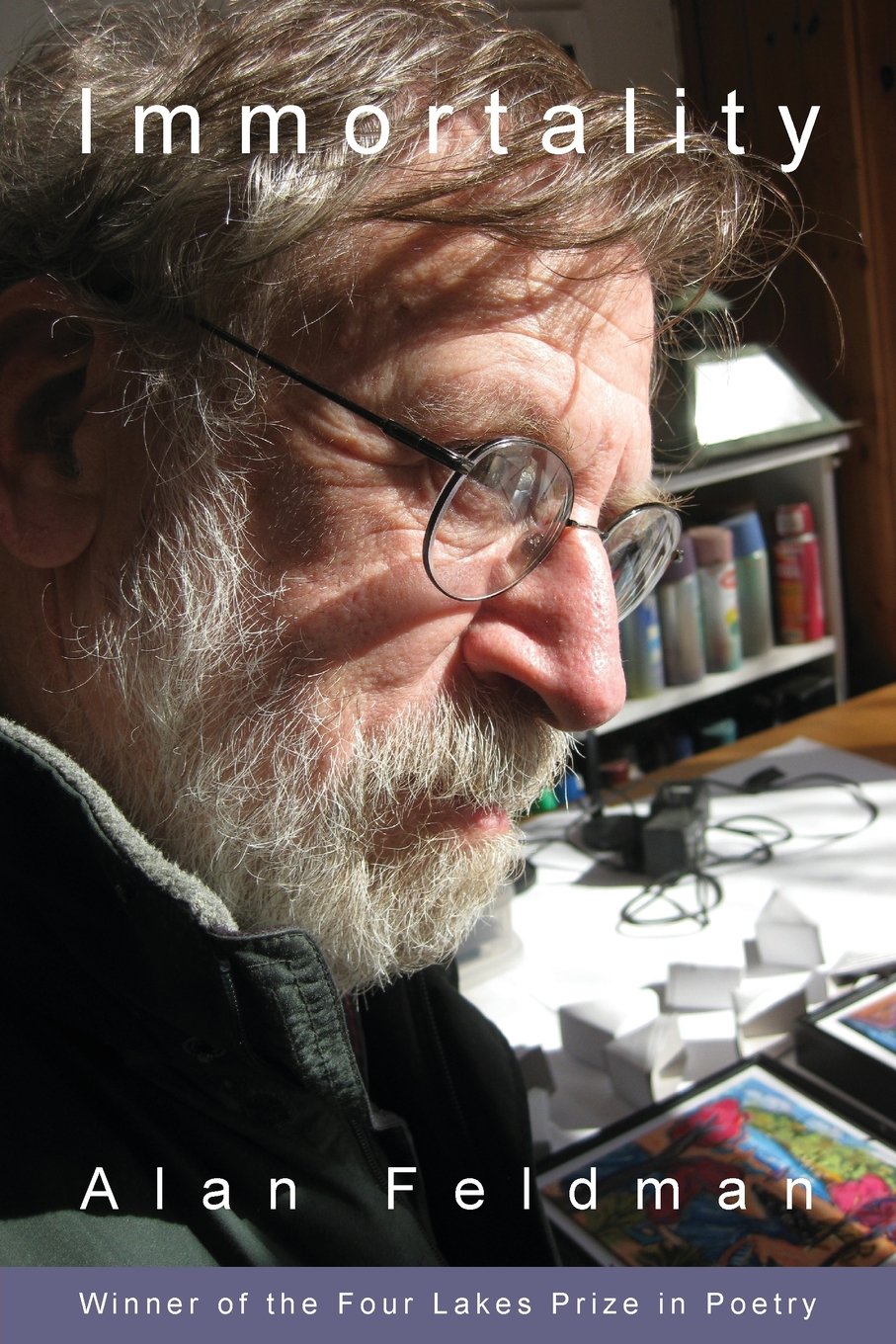










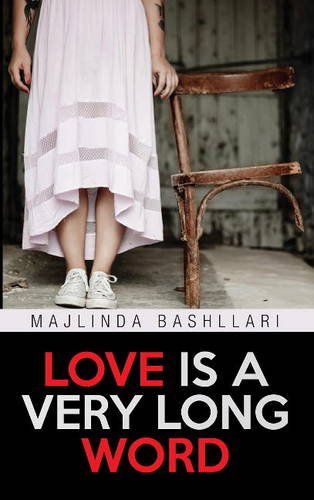

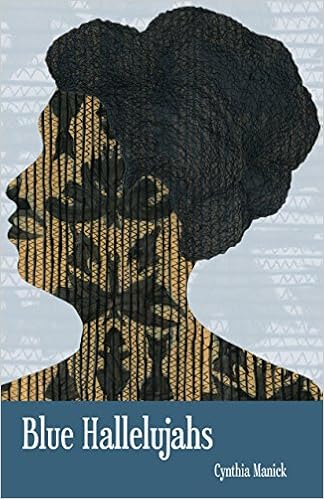



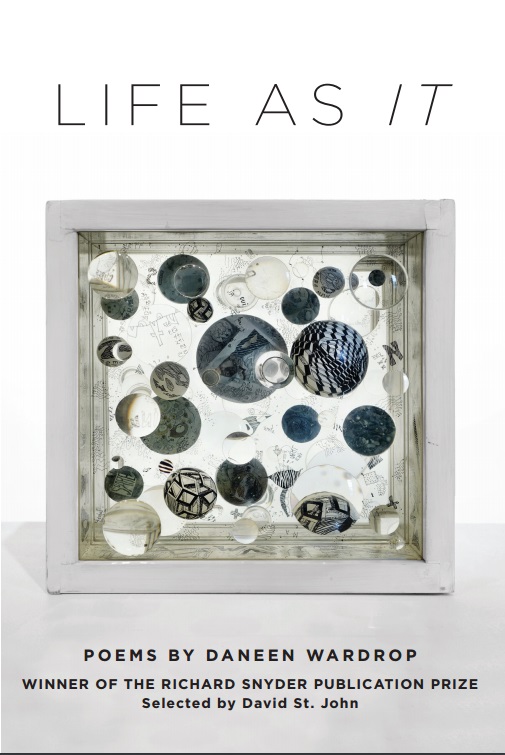
.jpg)




